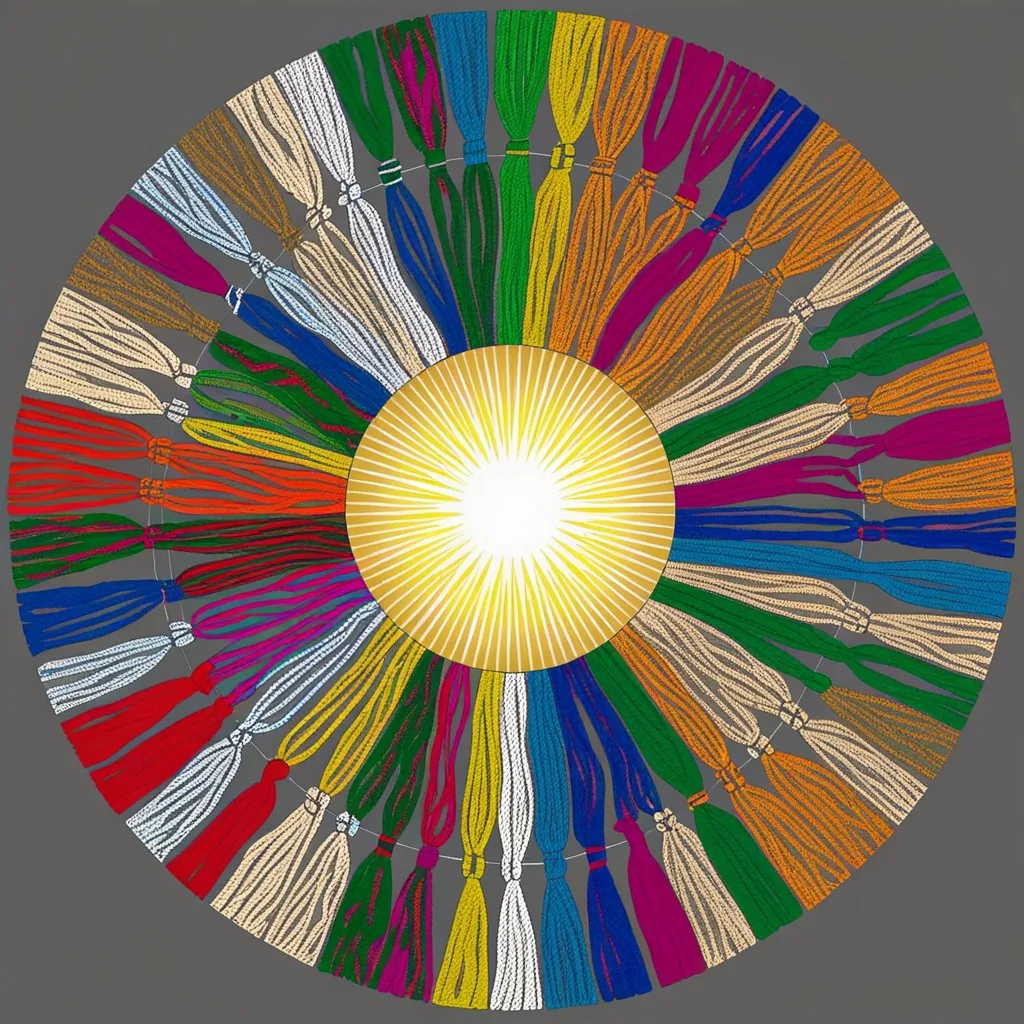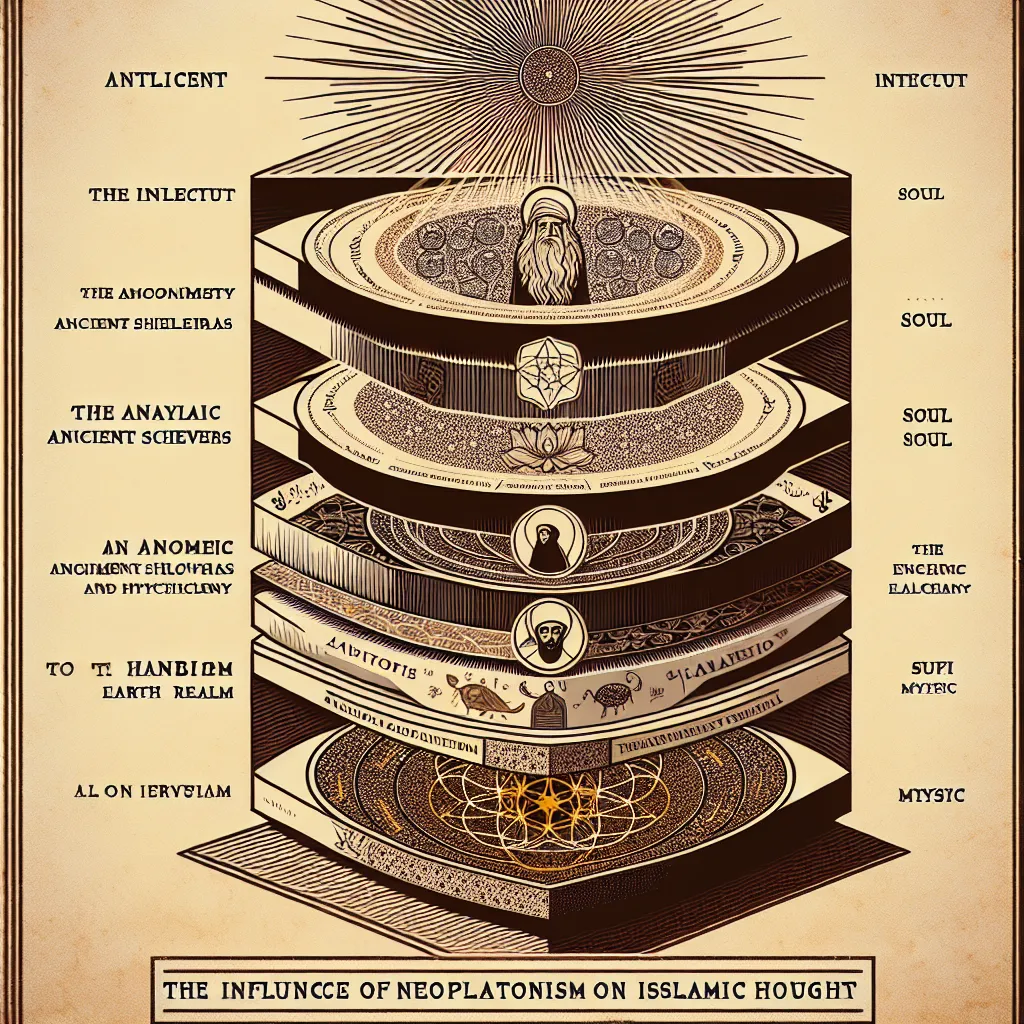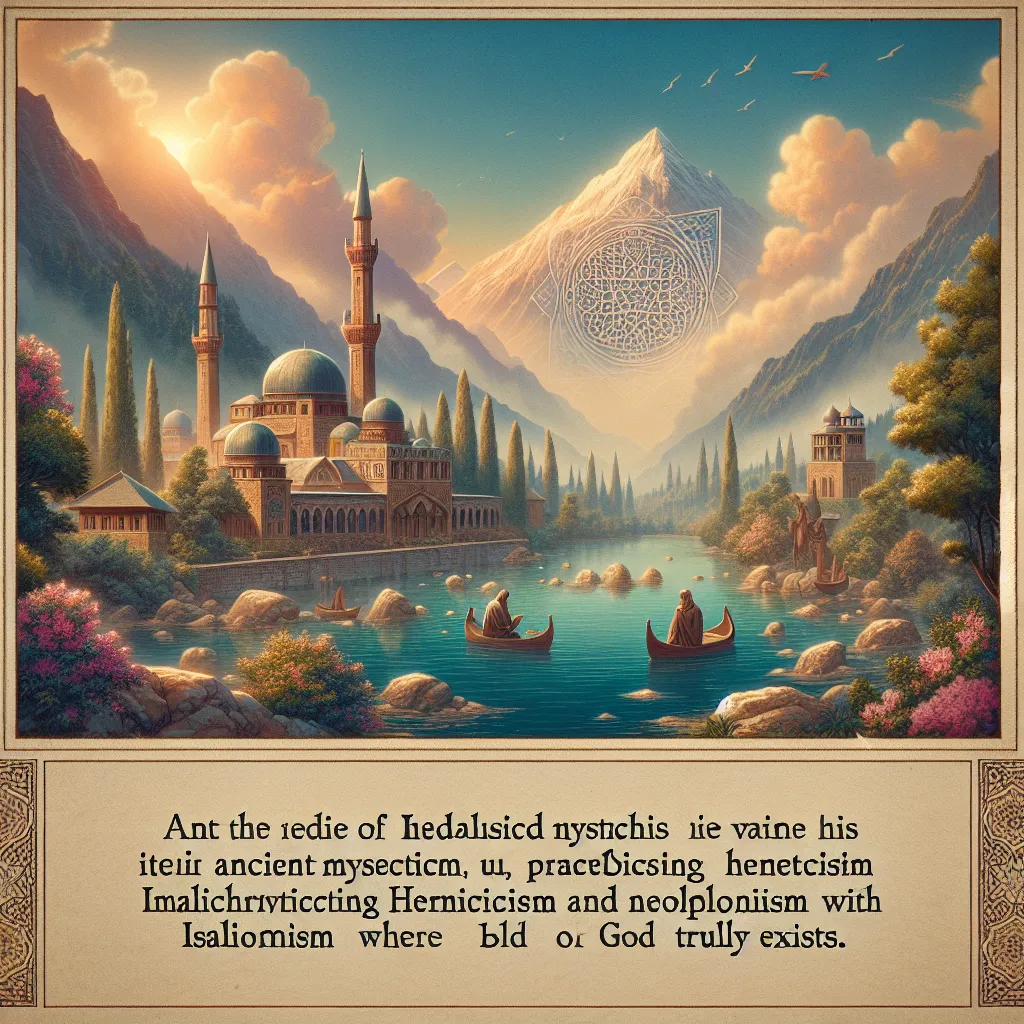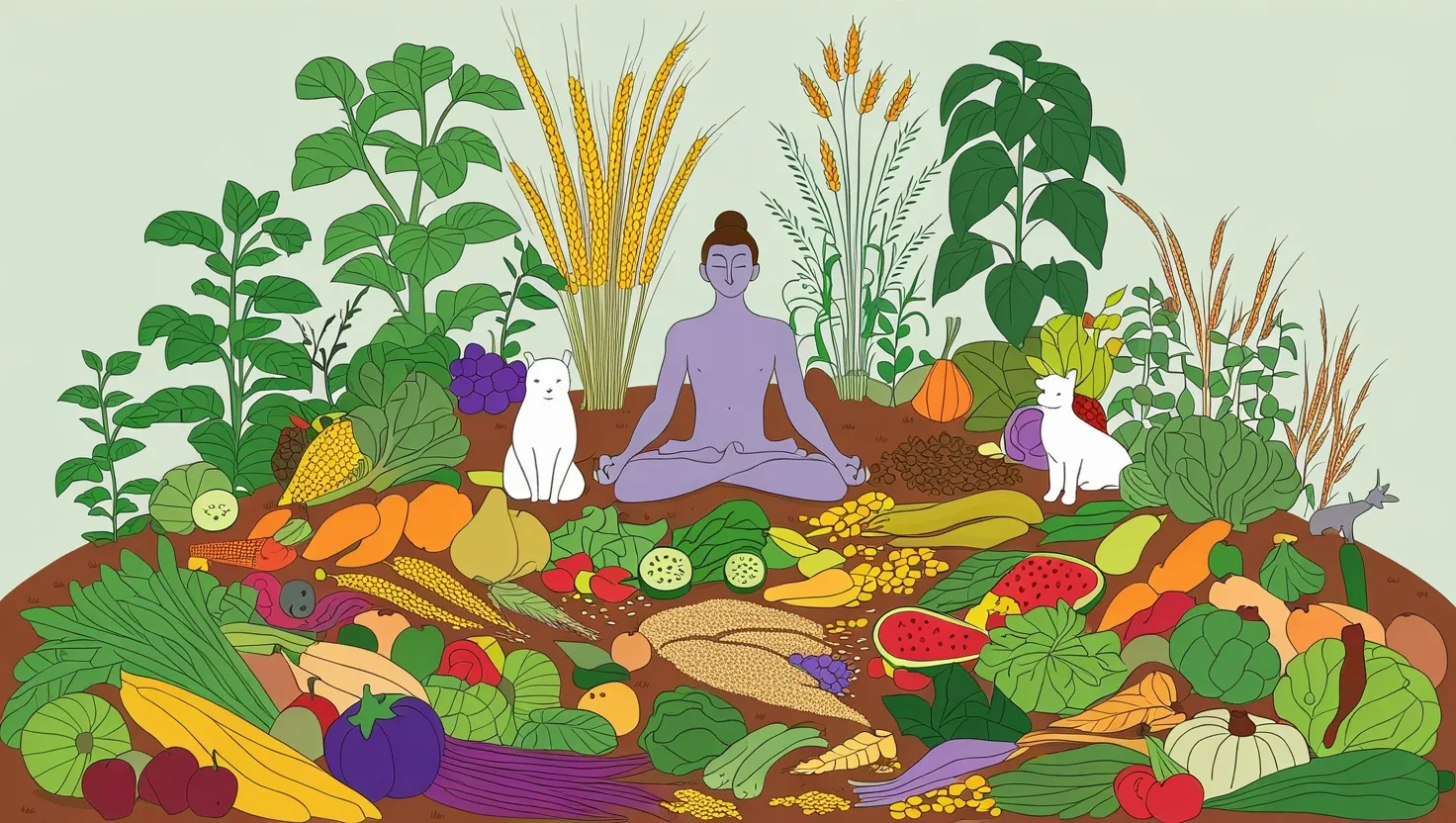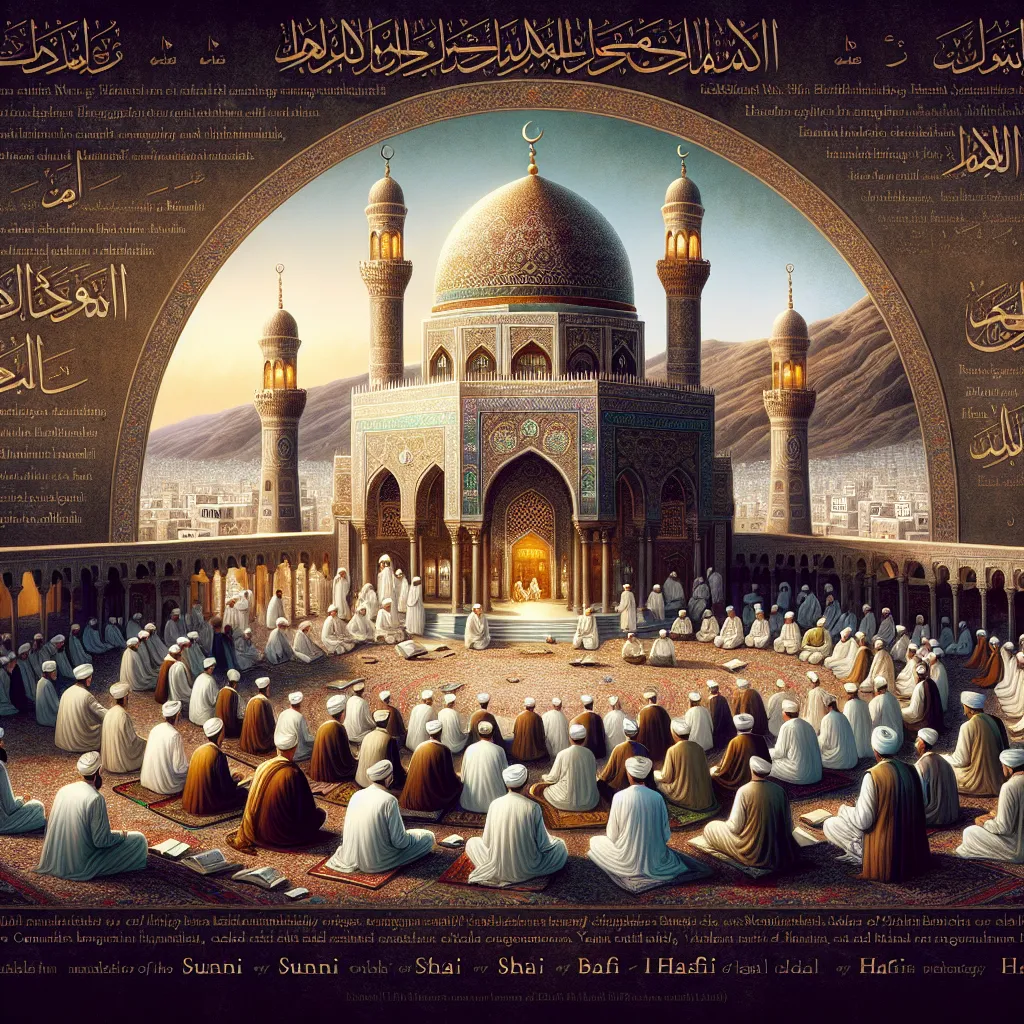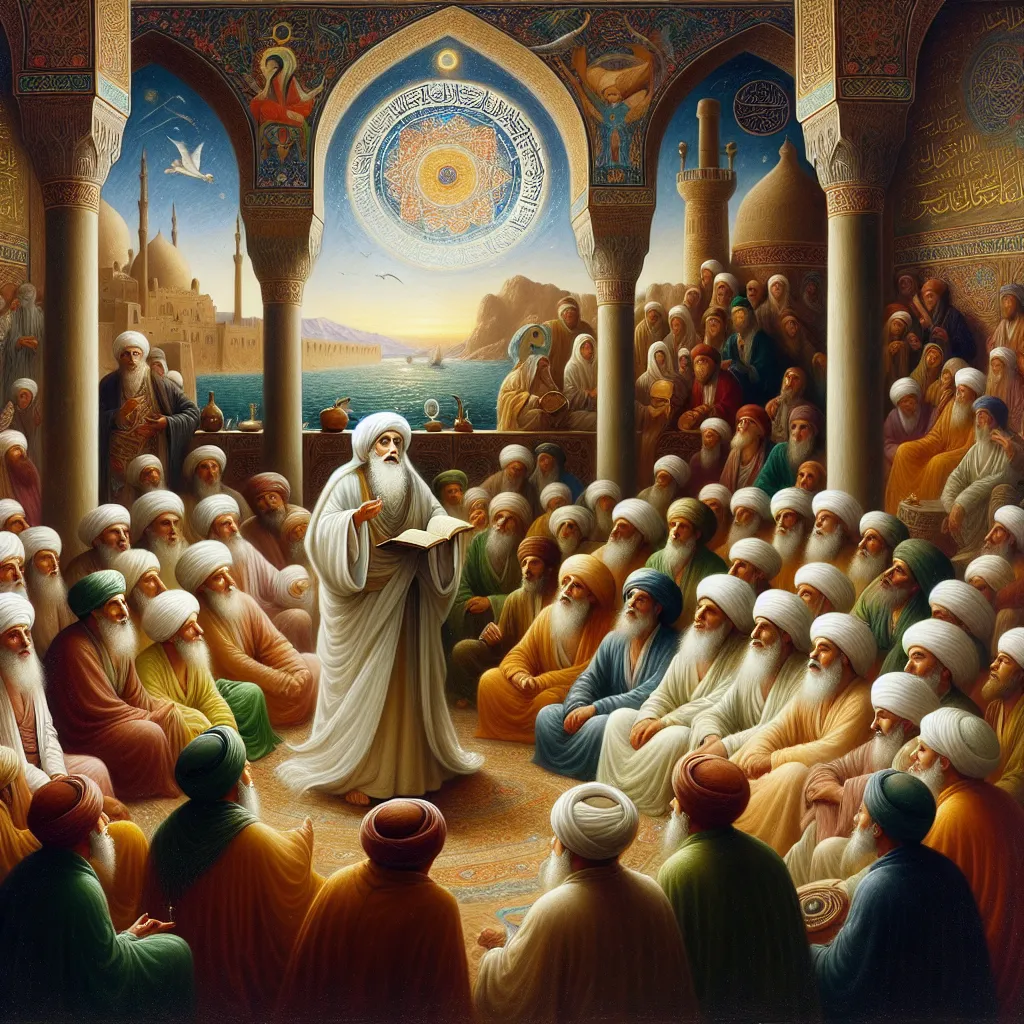Imagine a world where differences aren’t just respected, but celebrated, a tapestry of vibrant hues woven together in harmony. This is the core of the Baha’i Faith, a belief system established by Baha’u’llah in the 19th century. Venturing through the landscape of this faith reveals a profound emphasis on unity, particularly the unity among all religious traditions. It’s a beautiful, ambitious vision that drives its followers and attracts interest globally.
The idea of oneness isn’t merely a quaint notion within the Baha’i Faith; it’s a foundational pillar. Baha’is hold firm to the idea of one God, one religion, and one humanity. This isn’t just about blending faiths or combining beliefs in a mishmash. Instead, it’s recognizing that all major religions are actually parts of a single, divine plan crafted by a higher power. These faiths, rather than being separate entities, are layers revealing themselves over time, each building on what came before, aligning with the evolving needs and capacities of humanity.
This idea is known as progressive revelation, a concept that’s pivotal to the Baha’i perspective. The faith teaches that humanity has never been left without guidance. It presents this through a succession of divine messengers, each carrying a torch of enlightenment specific to their historical context. These include luminaries such as Abraham, Moses, Jesus, Muhammad, and Baha’u’llah himself, who each contributed chapters to the ongoing story of God’s interaction with humankind.
Embracing unity, the Baha’i Faith doesn’t discard the colorful tapestry of human experience or religious diversity. Instead, it acknowledges that beneath our diverse expressions lies a fundamental unity essential for a peaceful and equitable world. This unity doesn’t require erasing individuality or unique traditions; rather, it encourages an appreciation for their shared divine purpose and origin.
Baha’u’llah’s teachings underscore this message of unity with a particular urgency given modern societal issues. His writings on global unity and peace underscore his teachings’ relevance. Addressing societal problems like materialism, moral decay, and prejudice, Baha’u’llah presents principles that encourage eliminating all forms of bias, positioning gender equality, and blending science with religion in harmonious coexistence.
The Baha’is don’t just preach this unity; they actively practice and promote it through real-world initiatives. A cornerstone of their approach is the individual quest for truth, urging people to pursue knowledge free from any dogmatic chains. Participation in interfaith dialogues and activities shows their readiness to acknowledge truths in other faiths, working collectively toward shared human goals.
Structurally, the Baha’i Faith aligns with its ideals through its unique global administrative framework. The Universal House of Justice, an elected body, oversees worldwide Baha’i activities, fostering unity and cooperation among the global community. Their democratic and consultative processes ensure every voice is heard, building a cohesive and harmonious global society.
Since its inception, the Baha’i Faith has experienced rapid growth worldwide, thanks in part to its welcoming, inclusive message. This wide reach shows in its diverse adherents who are drawn to the faith’s emphasis on unity, justice, and equality amidst today’s fractured world. Baha’i communities, with their vibrancy and inclusivity, open their arms to individuals from all walks of life, inviting them into a shared journey of spiritual and societal enrichment.
Baha’u’llah’s teachings resonate deeply in addressing modern social disorders. By targeting rampant materialism, eroding moral values, and ingrained prejudices, the faith articulates a comprehensive path for healing modern society’s ills. It’s through unity, Baha’is believe, that genuine transformation occurs—highlighting religion as a conduit for cultivating fellowship and consensus.
In the Baha’i view, religion is indispensable in crafting and maintaining societal order and tranquility. It provides the moral compass needed for just and peaceful societies. Misused or misunderstood, religion can lead to chaos, but when it embraces its true spirit, it has the profound power to unify hearts and nurture global consciousness—a sense of shared human responsibility and collective destiny.
The Baha’i vision is, quite simply, a compelling blueprint for unity and collaboration in a world often torn by division. Its message: recognize our shared roots and work hand-in-hand towards common objectives for a just and peaceful future. The energetic growth and worldwide draw of the faith can be attributed largely to this beautiful vision. Today, as the world wrestles with the challenges of cultural and religious diversity, the Baha’i call for unity and cooperation offers a hopeful light guiding toward a more harmonious tomorrow.
